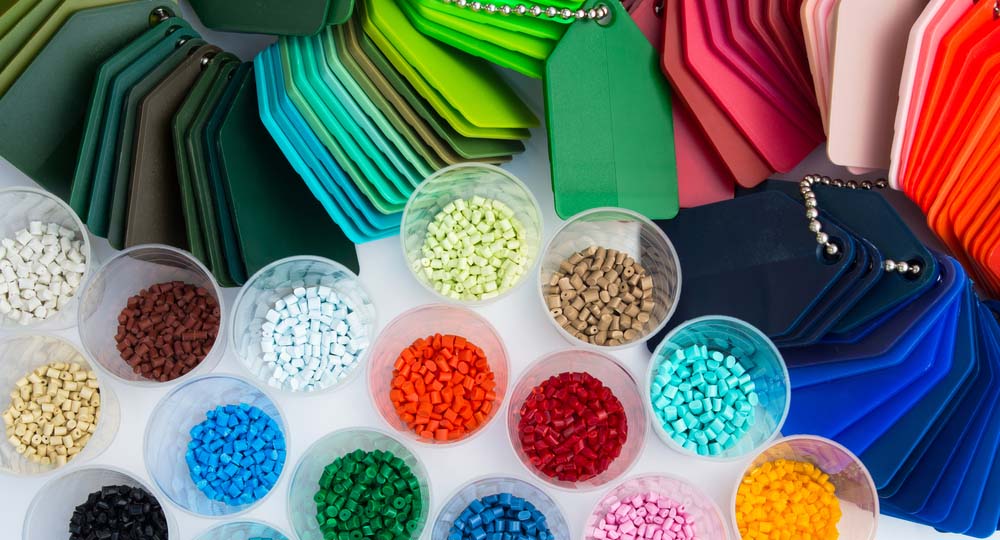Daily Use Durability of Plasticized Toy Materials
The daily use durability of plasticized toy materials is a critical aspect that affects not only the longevity and safety but also the overall quality and appeal of toys. As children play with their favorite toys, these items undergo numerous stresses and strains over time. Ensuring that the plasticizers used in toy manufacturing are durable against wear and tear is paramount to maintaining product integrity.
Phthalates, a common type of plasticizer, are often utilized to enhance flexibility and durability in various materials used for toys. However, the constant handling by children can lead to degradation over time. This section will delve into how we conduct tests on toy materials to ensure they maintain their integrity even under frequent use.
Our testing methodologies follow international standards such as ASTM F963-20 and EN 71-4:2019, which set strict guidelines for ensuring the safety of toys. These standards address not only the chemical composition but also the physical properties that contribute to daily durability.
Specimen preparation involves selecting representative samples from various parts of the toy that are most susceptible to wear and tear during typical use. Specimens are then subjected to mechanical tests, such as tensile strength and flexural testing, using sophisticated equipment like Universal Testing Machines (UTMs) calibrated according to ISO standards.
The results of these tests provide insights into how well the material withstands bending, stretching, and other forms of stress. Additionally, we perform accelerated aging tests to simulate long-term exposure to environmental factors, such as sunlight and temperature fluctuations, which can accelerate degradation processes.
Our laboratory uses advanced spectrophotometric techniques to monitor changes in color stability over time, ensuring that the toys retain their aesthetic appeal and do not develop unsightly discolored areas due to phthalate migration or other chemical reactions. This ensures compliance with both aesthetic and safety regulations.
For R&D engineers looking into developing new toy materials, our testing capabilities offer valuable data points on material performance under realistic conditions. This information can guide the formulation of more robust and child-friendly products while adhering to stringent safety requirements.
Why It Matters
The durability of plasticized toy materials is essential for several reasons. Firstly, it ensures that toys remain safe for children over extended periods without compromising on quality or design. Secondly, durable materials reduce the frequency of replacements needed, thereby contributing to cost savings both for manufacturers and consumers.
From a regulatory standpoint, compliance with standards like ASTM F963-20 and EN 71-4:2019 is crucial to avoid potential recalls or safety alerts. Non-compliance can lead to significant financial penalties and damage to brand reputation.
In terms of environmental impact, durable materials contribute positively by reducing waste generation and encouraging sustainable practices within the toy industry. This aligns well with current global initiatives towards greener manufacturing processes.
Industry Applications
- Toy manufacturers who wish to ensure their products meet regulatory requirements and are safe for prolonged use by children.
- R&D teams seeking data on new materials or formulations that can enhance durability without compromising safety.
- Procurement departments aiming to source high-quality, durable materials from reliable suppliers.
- Safety evaluators responsible for assessing the overall safety profile of toys before they reach market shelves.
At Eurolab, we pride ourselves on providing comprehensive and accurate testing services tailored specifically to meet the needs of our clients. Our team of experienced professionals brings together expertise from diverse backgrounds including chemistry, materials science, and engineering.
We employ state-of-the-art instrumentation capable of delivering precise measurements that reflect real-world conditions as closely as possible. This ensures confidence in the results provided by Eurolab.
Our commitment to quality is reflected in our adherence to international standards and certifications such as ISO/IEC 17025:2017, which validate our laboratory’s competence in performing tests accurately and reliably.
We offer a range of services beyond just durability testing, including chemical analysis for phthalates and other plasticizers, microbiological assessments to ensure hygienic standards are met, and mechanical strength evaluations that provide a holistic view of toy material performance.





